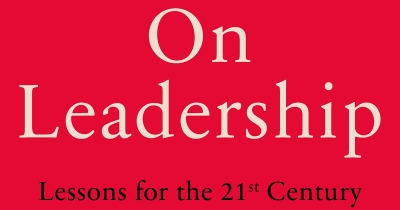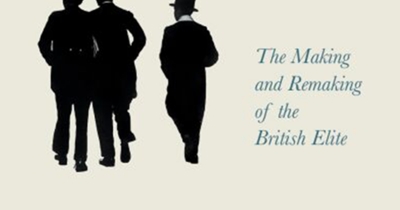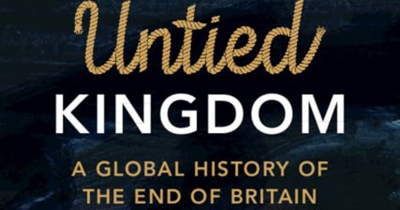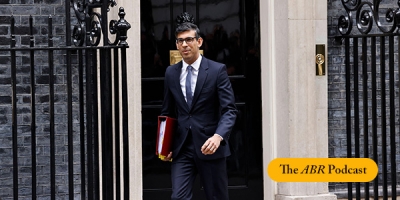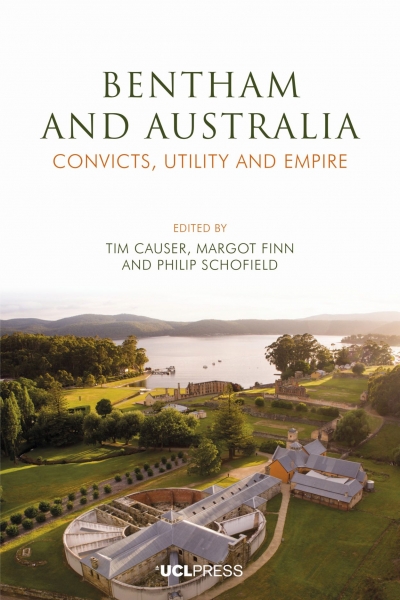Gordon Pentland
Sign up to From the Archive and receive a new review to your inbox every Monday. Always free to read.
Recent:
On Leadership: Lessons for the 21st century by Tony Blair
Born to Rule: The making and remaking of the British elite by Aaron Reeves and Sam Friedman
The Abuse of Power: Confronting injustice in public life by Theresa May
Untied Kingdom: A global history of the end of Britain by Stuart Ward
It is a truism that all politics is performance. Successful leaders are frequently adept in the manipulation and deployment of scripts, props, stages, and costumes. To their credit, British politicians have worked exceedingly hard over the past year and more to explore the full range of theatrical genres. The vaudevillian moral vacuum of Boris Johnson’s government was reprised in recent weeks as Johnson put on a command performance, all wispy blond hair and faux indignation, for the Commons Privileges Committee. The unbelievable farce that ended his time at 10 Downing Street gave way swiftly to the burlesque-cum-tragicomedy of Liz Truss and her chancellor’s calamitous (not to say ironic) ‘mini’ budget. We seem to have arrived, in the efforts of Rishi Sunak and Keir Starmer to out-gravitas one another, at a sustained attempt to revive the long-lost tradition of the morality play.
... (read more)

